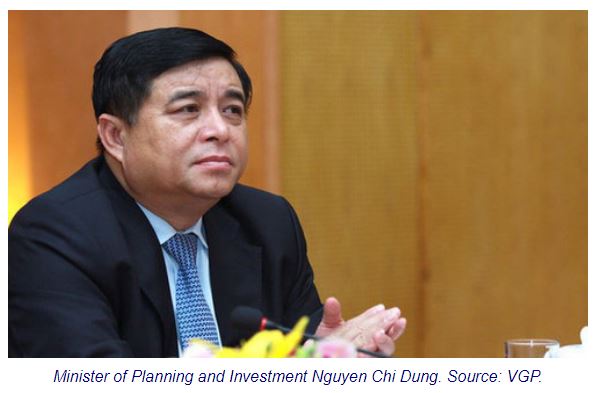10-year-economic crisis cycle is not on the cards in Vietnam: Minister
Previous economic crises came from distorsions in the real estate, financial and securities markets, Dung said at a government meeting on July 2.
The local stock market has undergone a strong correction after a long period of overheated growth while real estate prices have cooled down, especially at the three would-be special economic zones, following decisive moves taken by the government, Dung added.
“Nevertheless, key economic indicators should be watched closely for better preparation against any future crisis,” the minister warned.
Nguyen Bich Lam, head of the General Statistics Office (GSO), was more cautious about this issue, saying an economic crisis may happen after 2021 onwards.
Lam was confident that Vietnam is well-prepared to mitigate negative impacts from a global economic crisis, while the International Monetary Fund (IMF) still forecast global growth to maintain high growth rate in the 2018 – 2019 period.
Duong Manh Hung, deputy director of the GSO’s National Accounts Department said at a GSO press briefing on June 29 that the crisis cycle is unavoidable to the world, and Vietnam is not immune.
This is due to Vietnamese economy’s high level of openness, so that the country is more vulnerable to external shocks, including potential trade wars between the US and China, or between the US and the European Union (EU), Hung said.
Vietnam’s economy is growing but not at a sustainable level, he said. As a result, “a decline in investment spending in the last three years could cause negative impacts on the economy in period 2019 – 2020.”
Hung, however, predicted that Vietnam’s GDP will reach the target of 6.7% in 2018.


 English
English




